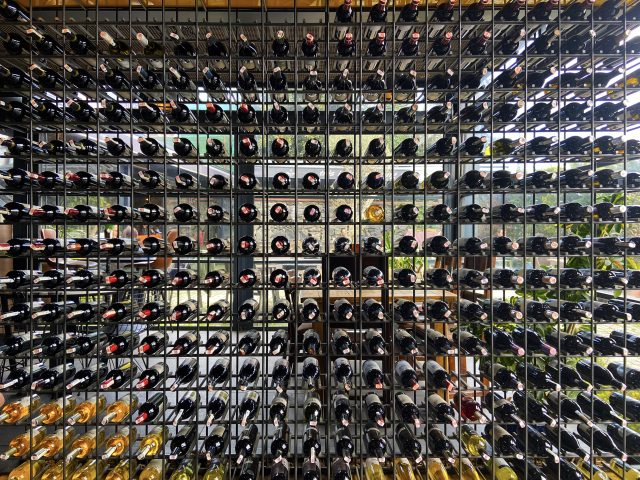This website uses cookies so that we can provide you with the best user experience possible. Cookie information is stored in your browser and performs functions such as recognising you when you return to our website and helping our team to understand which sections of the website you find most interesting and useful.
California wine company owes millions of bottles to customers
The closure of Underground Cellar in April has left the San Francisco outfit owing close to US$25 million of wine. Now people are questioning whether the business was in fact a scam.

Underground Cellar ceased trading in April, filing for bankruptcy days later. Now allegations of fraud have been directed towards the bust wine company, with lawsuits filed by angry customers wanting their bottles.
Despite the company naming “recent market headwinds” and an “inability to secure financing in an increasingly challenging capital market” as reasons for its bankruptcy, some former customers are claiming that the business was a sham, with the intent of luring wine lovers to part with their money before cutting and running.
On the face of it, the premise behind Undergound Cellar seemed almost too good to be true. The wine firm offered customers the chance to buy and store up to 500 bottles of wine in its temperature controlled ‘CloudCellar’ in Napa.
The company also offered a lottery-style upgrade system, whereby some customers would see their cheaper wines upgraded to more premium expressions at random.
Gregg Thatcher is one customer that posted to a 600-strong Facebook group created to expose Underground Cellar.
“It’s just horrifying. Everybody is feeling robbed,” Thatcher told The San Francisco Chronicle. “People built up these vast collections and they don’t know what they’re going to do. It’s a tremendous loss for them.”
Thatcher is owed about US$1,000 worth of wine, but others forked out hundreds of thousands for bottles they can’t access, leading to questions over whether the organisation’s CloudCellar existed.
In total, customers ordered US$2.7 million worth of wine that never made it to the warehouse, according to documents from Underground Cellar’s bankruptcy filing.
When the company launched in June 2021, the drinks business reported that its business model was based on a ‘gamification’ concept of wine.
Urban Cellar’s founder Jeffrey Shaw said at the time that the idea was to introduce buyers to more expensive bottles, far-flung vineyards and wines produced by smaller, family-run operations that customers might otherwise not hear about.
“Some of the best wineries and winemakers wouldn’t respond to us two years ago,” Shaw said. “Now they are coming to us, tail between legs, saying ‘we’d love to chat’.”
At least one lawsuit has been filed against the company for fraud on the basis that the plaintiff has not been able to retrieve the wine they purchased through the company.

